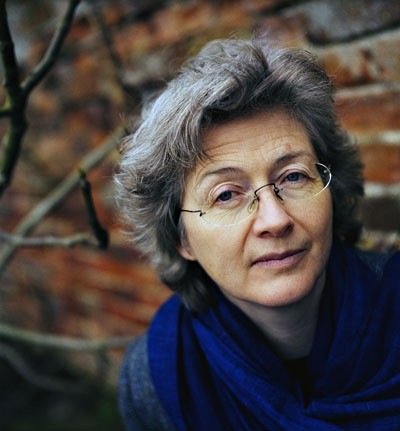
Georgina Harding’s Shelf Life
‘But the writing of the novel comes with an utterly different form of concentration, from the first line. I start at that first line, or perhaps a single image, and head on. Inevitably I will go back and chip away at it, again and again, but that's the foundation stone.’

Tawseef Khan’s Shelf Life
‘“Attend to your sentences,” from the titan that is Leone Ross, whom I consider a lifelong mentor. Every time we speak, she signs off with that instruction, and I think to myself, yes, I can’t do very much about the business-side of writing. The only thing that I can control are my sentences.’

Jen Calleja’s Shelf Life
‘That Vehicle especially has almost sold 2000 copies and has been well received shows that trad publishing has low expectations of both literature and readers.’
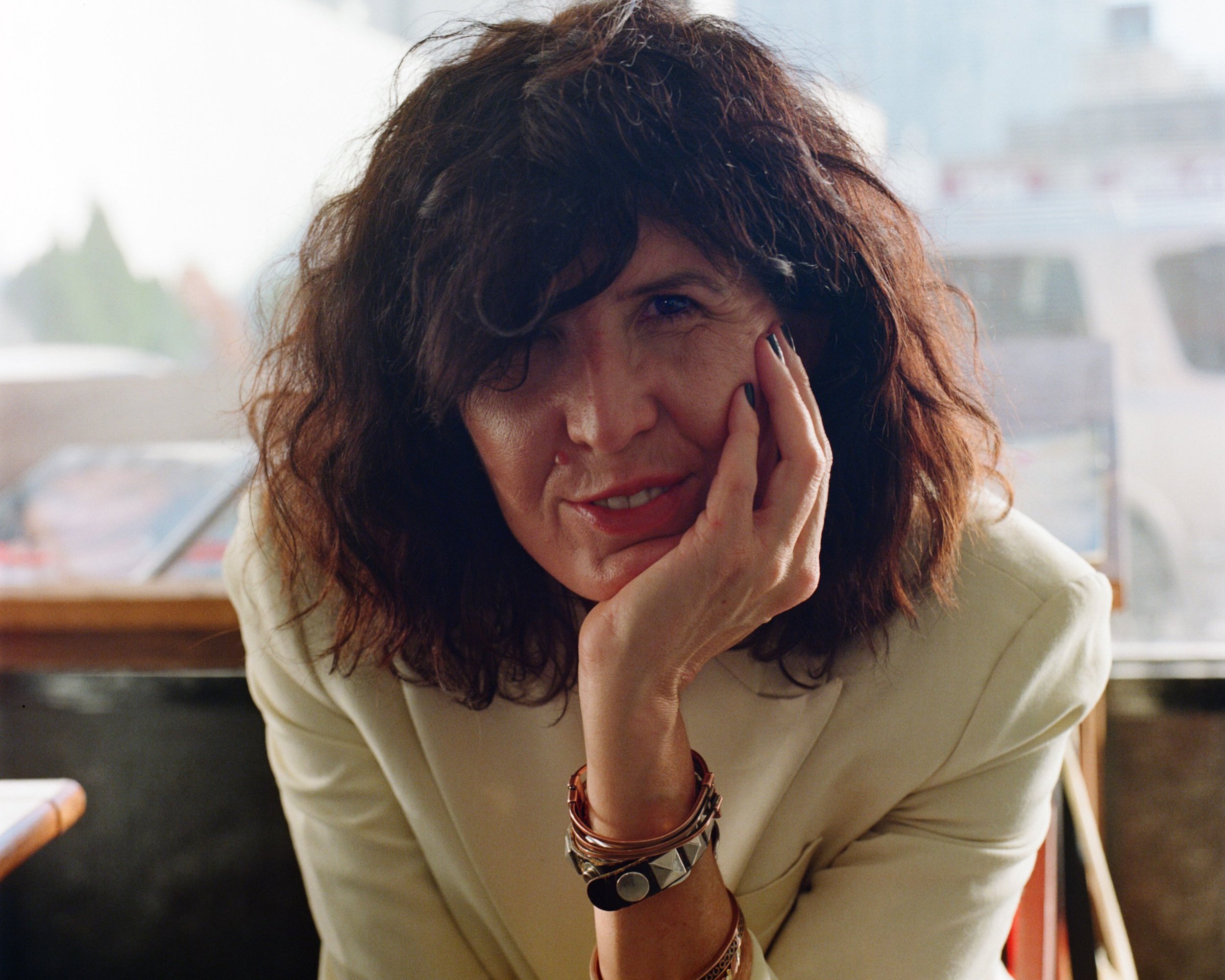
The Rebecca Bengal Interview
‘If I’m asked to write a piece about an artist, it’s actually probably less a true profile in the expansive, authoritative sense, but something more compressed: a story focused on them almost as a character — or maybe call it a portrait, an encounter with that artist.’

Rebecca Smith’s Shelf Life
‘I’m not entirely sure what my creative process is yet. I started Rural at University (Masters in Creative Writing) so there were projects and deadlines, which I know I like to work to. I like a structure. So now I’m starting my next book, I’m feeling a little lost. Maybe I’ll need to pretend I’m doing my Masters again.’

Four Inspirations for Push Process by Jonathan Walker
‘Push Process is a work of autofiction. One of the unwritten rules for that mode is it cannot be an exercise in wish fulfilment: the protagonist cannot be more talented, attractive or successful than the author, and indeed, it’s better if they are obviously less so.’

Gregory Norminton’s Shelf Life
‘I’m a gifted procrastinator, which means I have to get my wife to hide my laptop on writing mornings so I don’t fritter them away online. If I’m researching a project, I try to combine reading and note-taking with experimental fragments of narrative: writing dialogue between characters, say, or bits of description.’
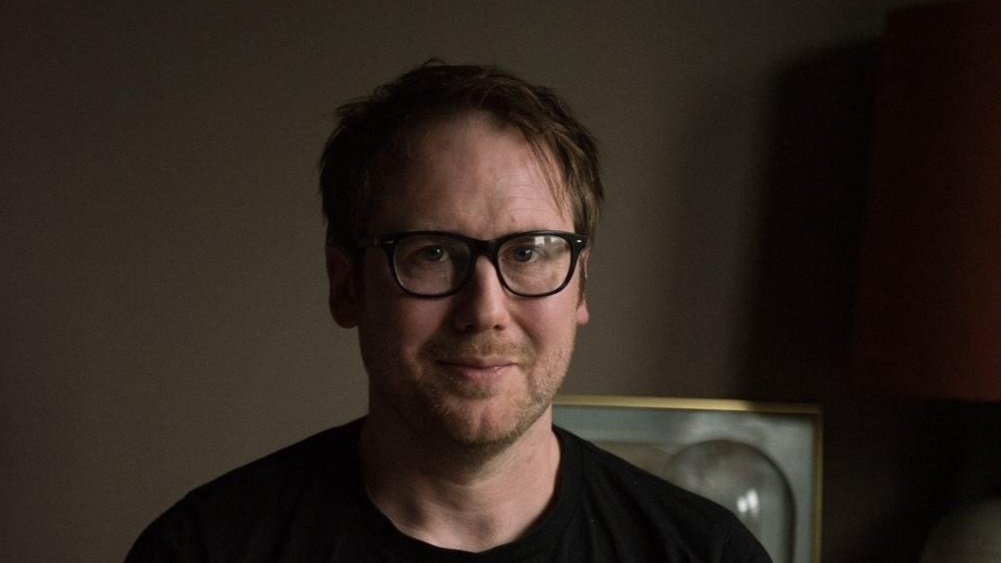
Ben Pester’s Shelf Life
‘With books, the risk of rejection is different. If your book is going out, it means your agent was into it. This muffles the pain of the world like a mother's love. Also, I think that commissioning editors for books are making decisions about their own reputation, especially for debut or new-ish writers, when they weigh up your work.’
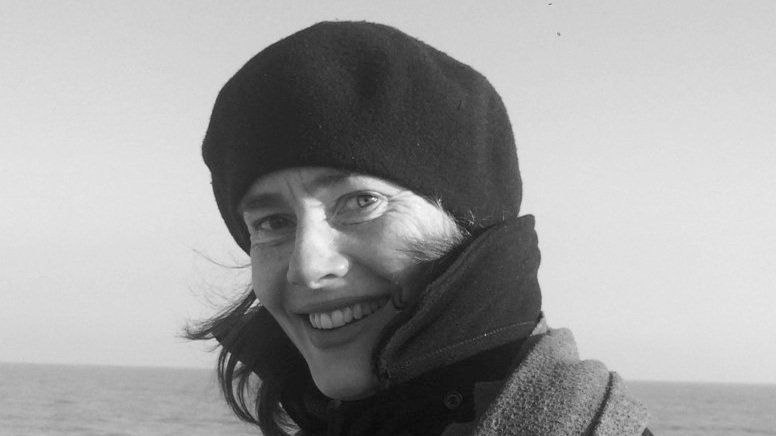
Joanna Pocock’s Shelf Life
‘My creative process is pretty chaotic. Ideas, words, phrases, bits of dialogue and situations often come to me in my dreams or on walks. When I get an idea, I have to write it down immediately. Or I lose it.’
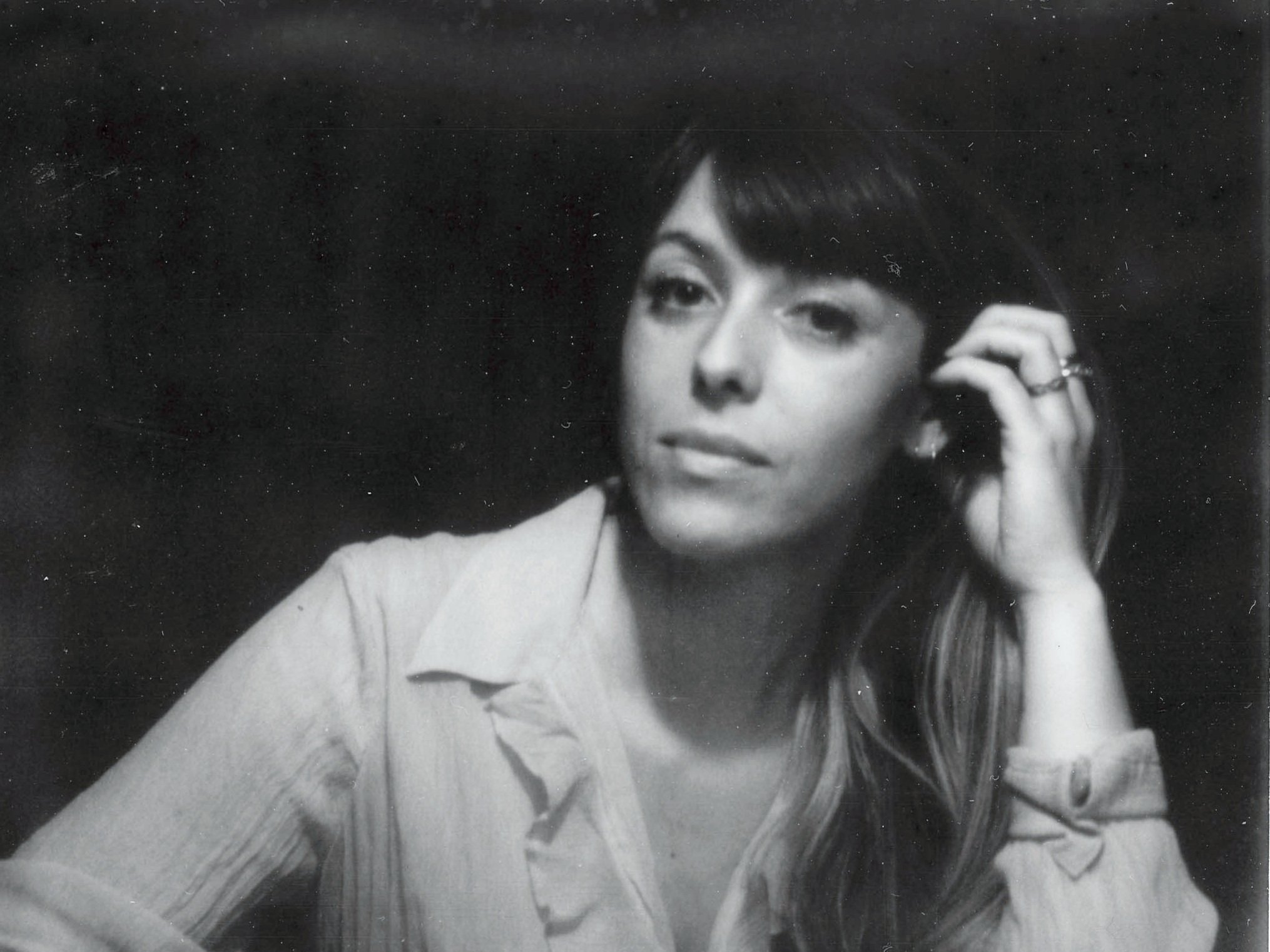
Jade Angeles Fitton’s Shelf Life
‘Sometimes I cut myself off from things I worry will influence me because I want to be original, and then find I’ve written something totally unoriginal. But still, we have to try.’
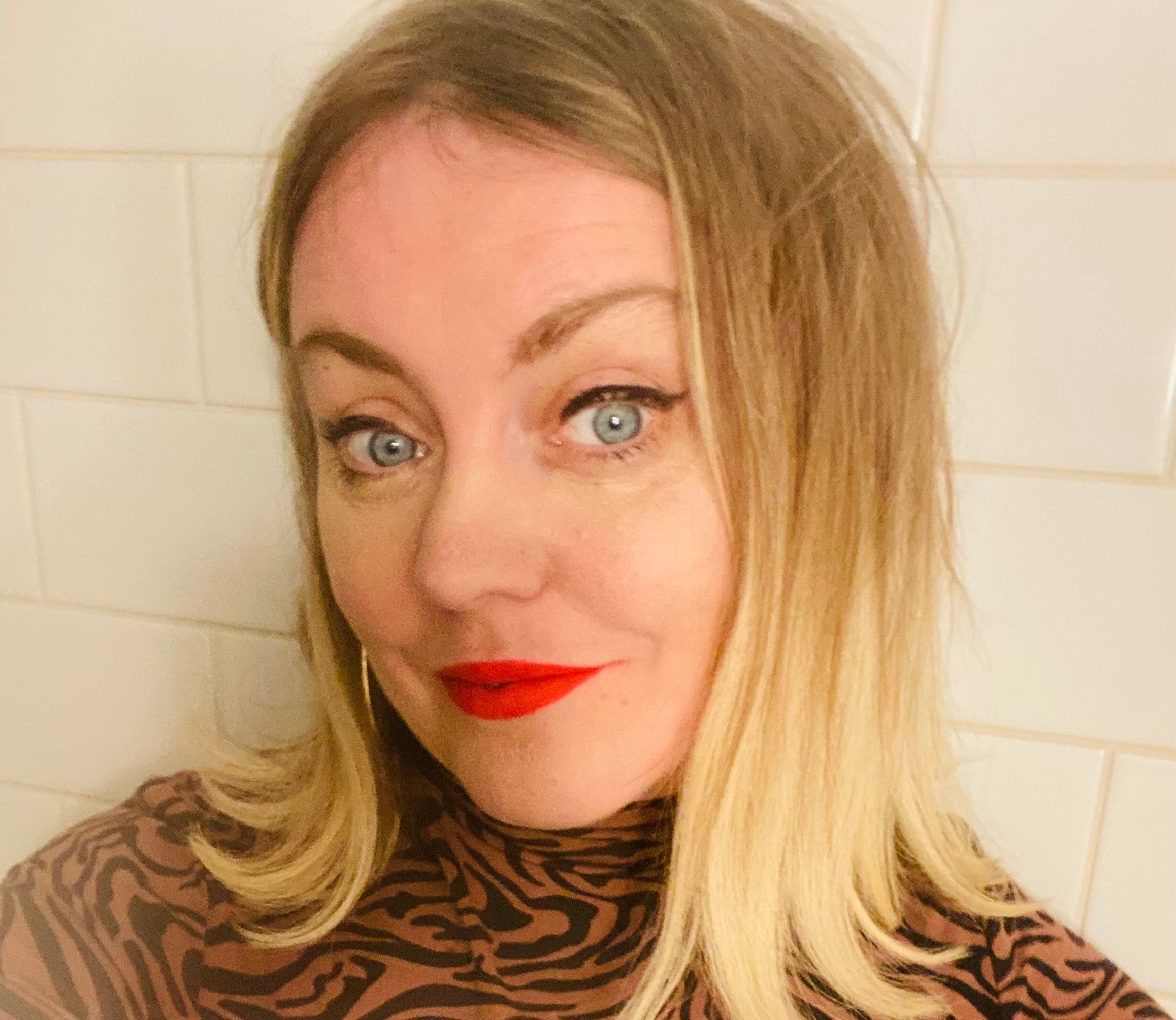
Terri White’s Shelf Life
‘I’d like my son to grow up in a world where writing, painting and filmmaking aren’t the play things of the upper classes, undeserved luxuries for everyone else. Where inherited wealth and inherited privilege don’t count for quite so much. Where voice, idea, heart, and talent win.’


Richard Smyth’s Shelf Life
‘I don’t worry too much about the sharp end, so to speak, the delivery side, the part where words get typed on to the page (and for me they’re always typed, I never, ever write anything freehand, no notebooks or anything: my work gets done at my desk, and that’s that). And the supply side, the research and development and all that, that, as I said, ticks over quietly in the background, taking stuff in, turning it over and about, mulching it down.’

A Saving Grace: the Performance Art of Throwing Muses’ ‘House Tornado’
‘These songs: keeping them afloat and moving, functioning as their needlepoint logic demands, was an undertaking both profound and crazy—like throwing a sheet around a whirlwind.’

Gina Rushton’s Shelf Life
‘I love following writers who have chic post-it notes and big wooden desks but nothing about my process is cool or aesthetically satisfying. I wrote my book hunched over my laptop like a prawn.’
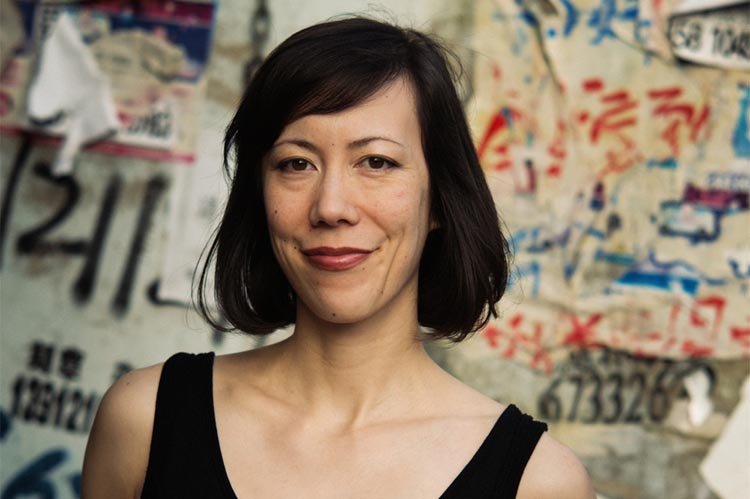
Susan Barker’s Shelf Life
‘The Incarnations got the odd hatchet job when it came out, but I honestly don’t remember what they said. Enough time has passed for me to concede the reviewers probably had some valid points.’
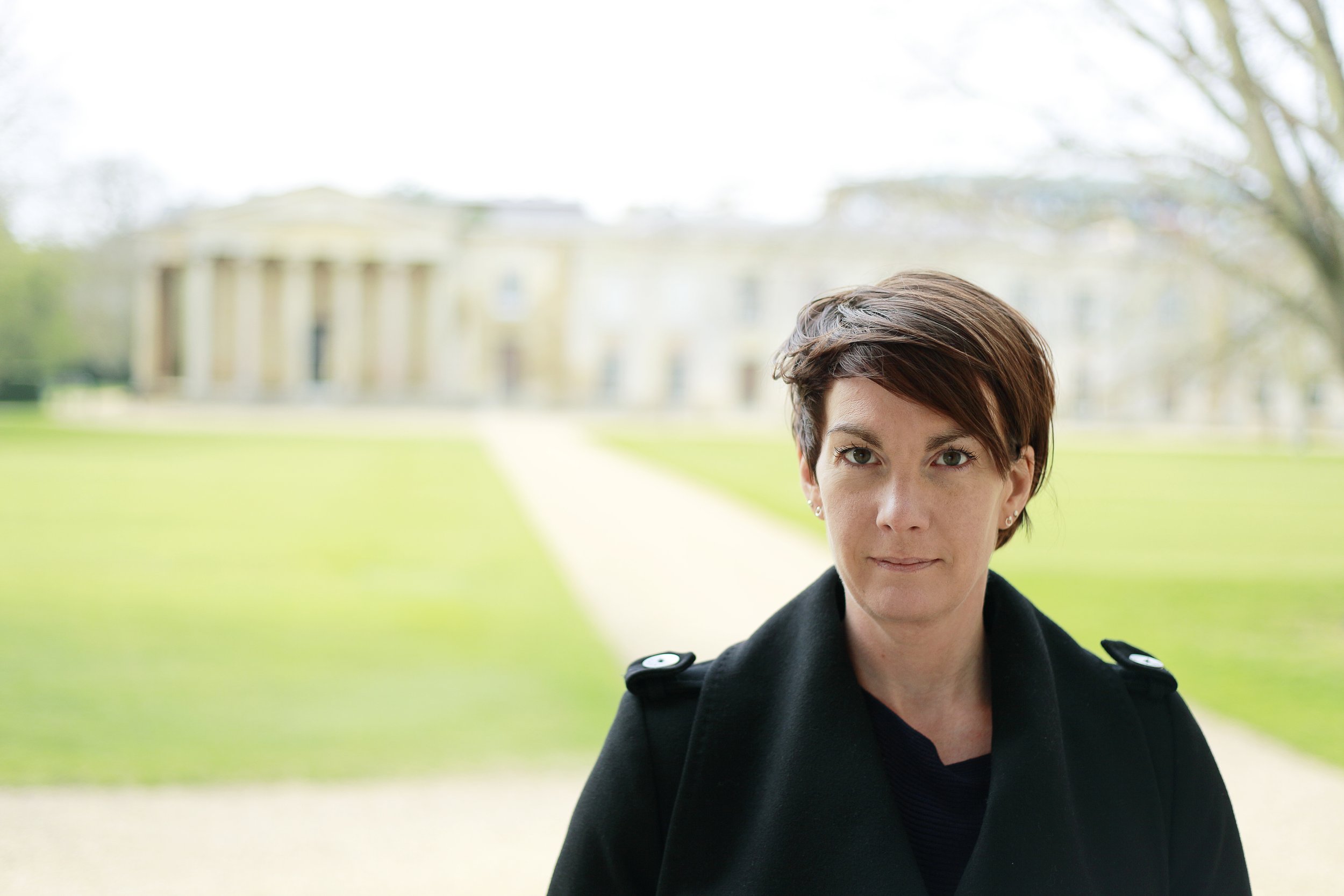
Ruby Cowling’s Shelf Life
‘Right now I’m reworking some material I put about five years into and got to a fully polished stage, but which really needs to be something else. I can admit that now, after a couple of years’ cooling-off time.’

Lucie McKnight Hardy’s Shelf Life
‘I don’t know if I should admit to this in public, but I don’t really like music.’

Jenn Ashworth’s Shelf Life
‘Jenny Diski told me to always remember that my reader is at least as clever as I am. It helped, that, with knowing how to do exposition — what parts of the world or the thoughts of the characters I needed to explain, and which I could leave the reader to figure out.’

Lara Williams’ Shelf Life
‘I generally have an overarching idea, and a sense of the beats I need to hit, but the bits in between all come through in the writing. I like to chew on an idea for a little while before actually writing anything.’
